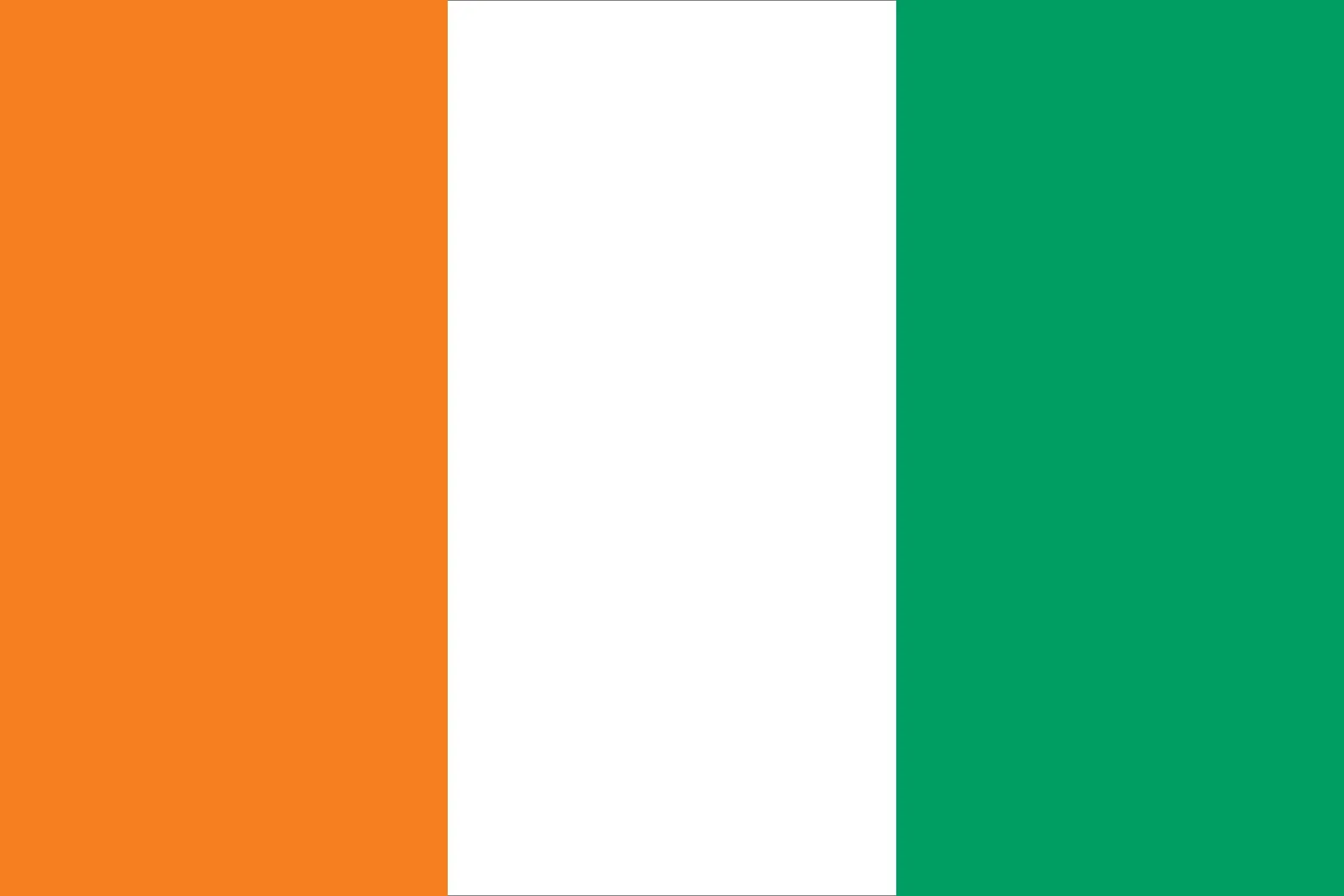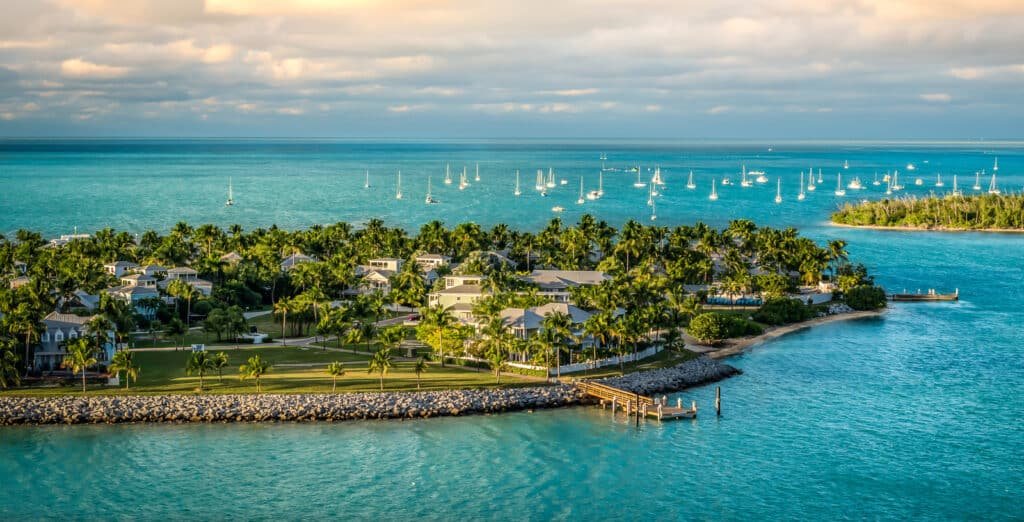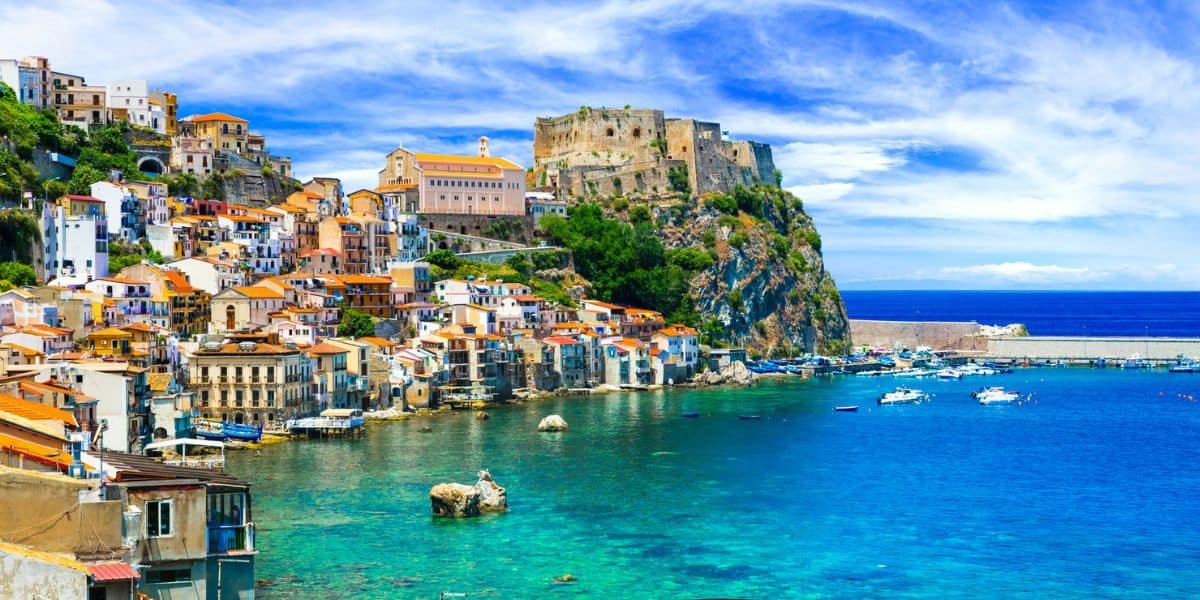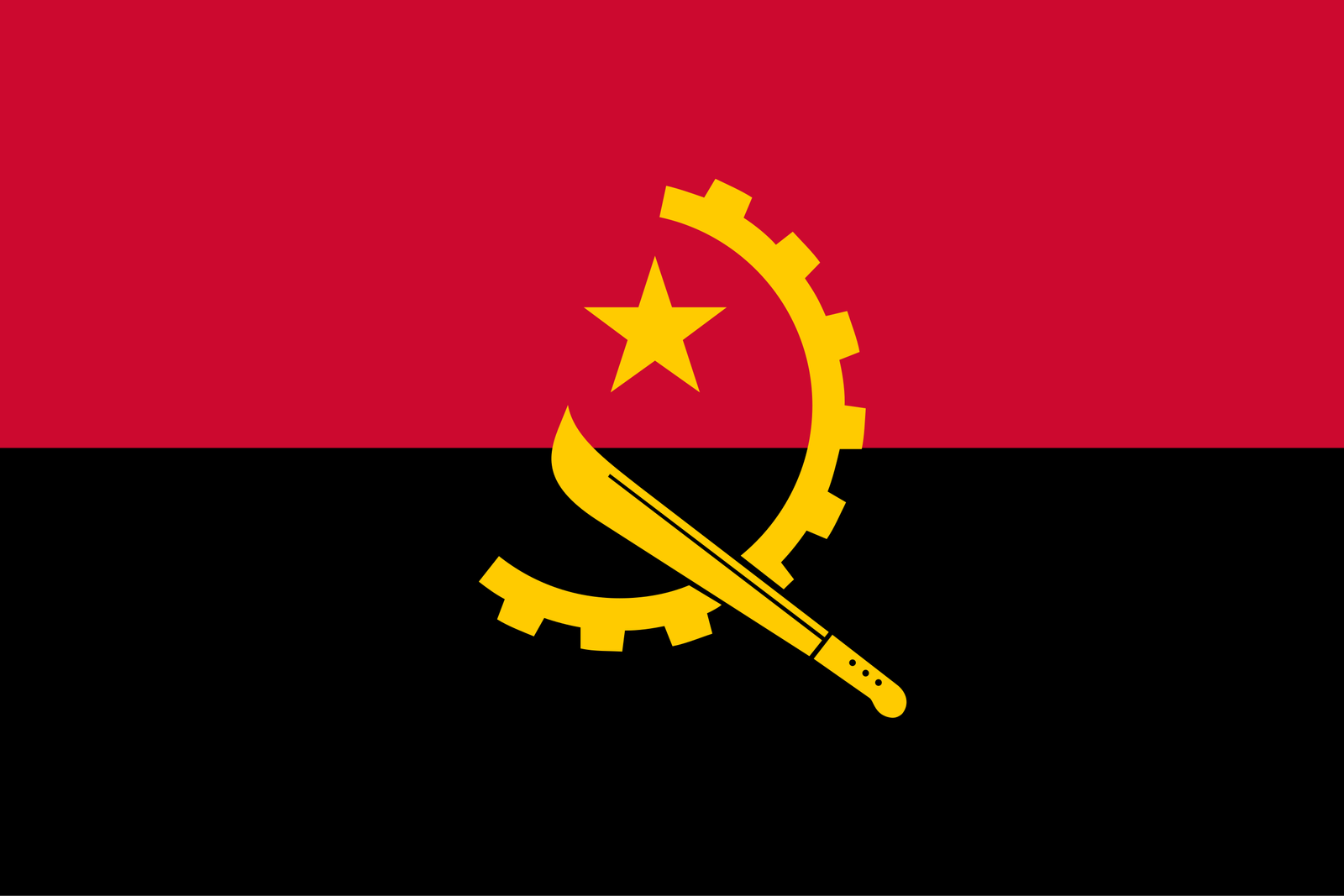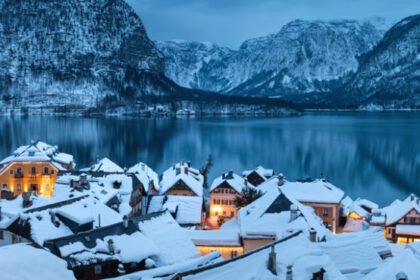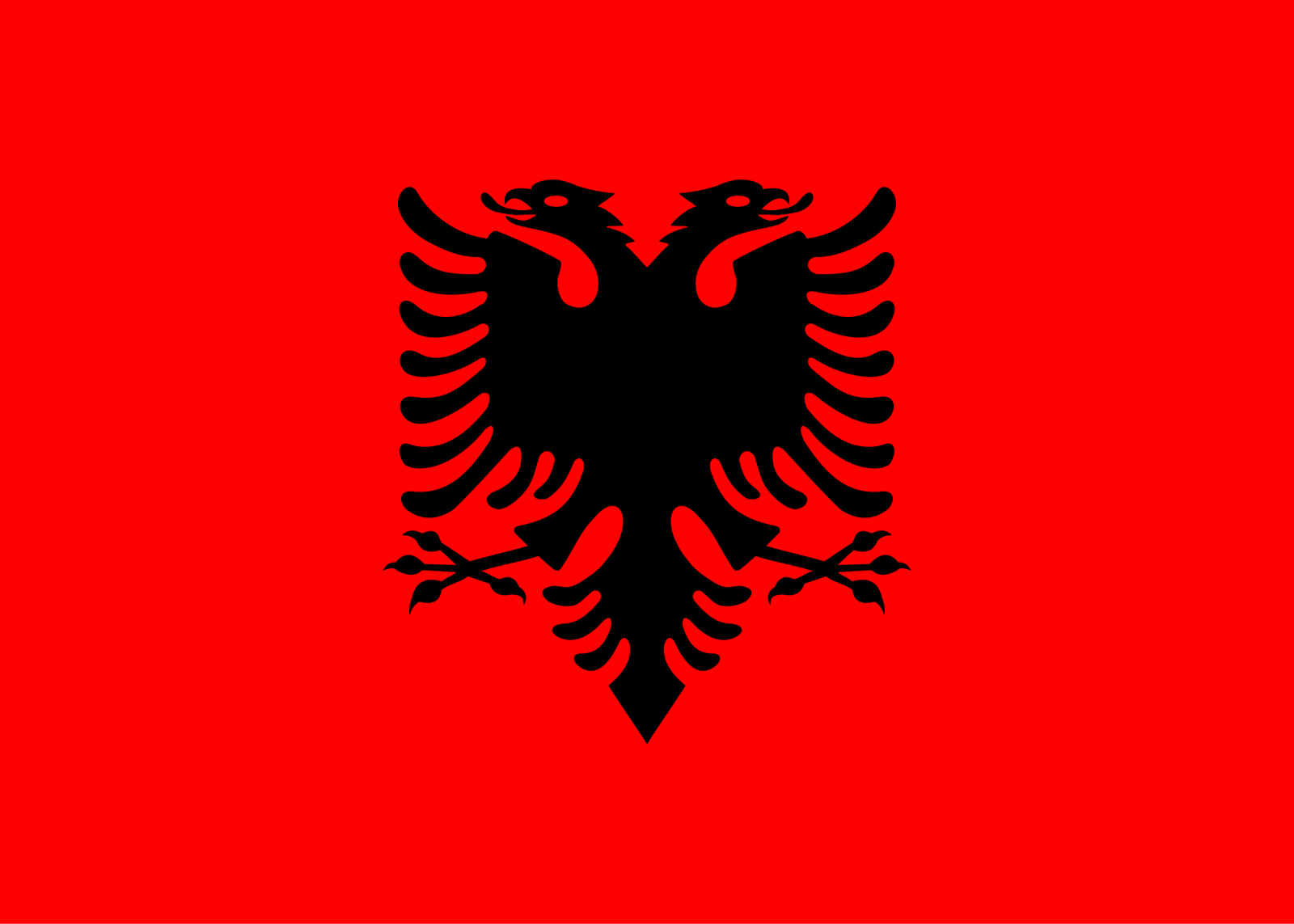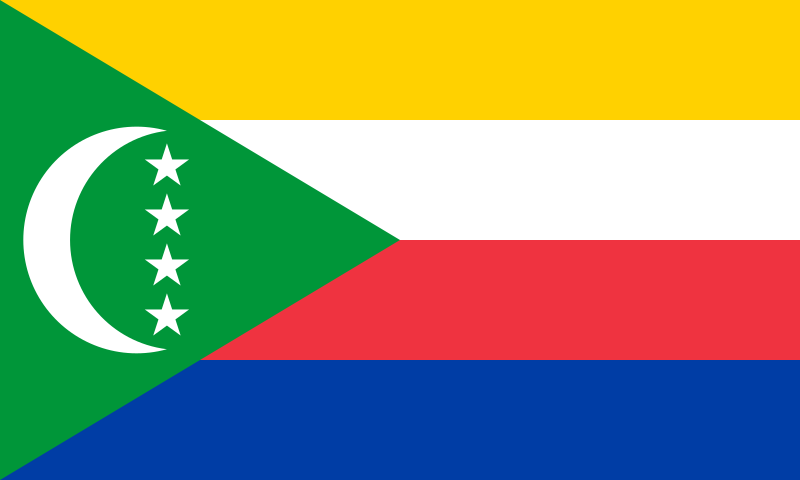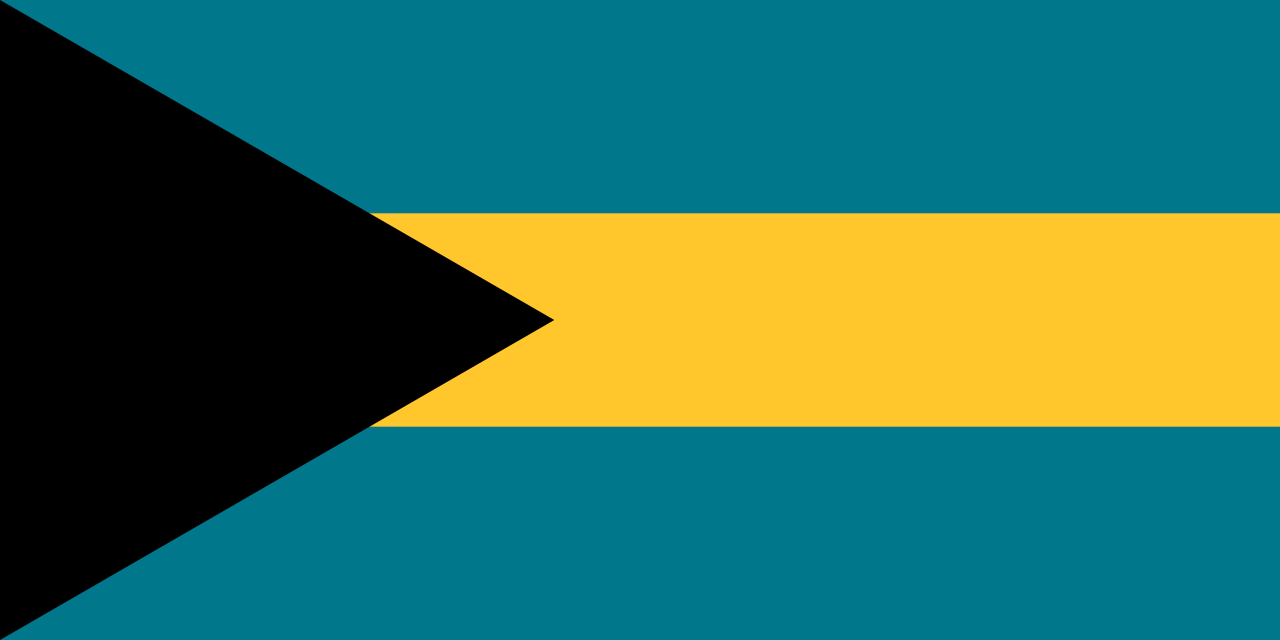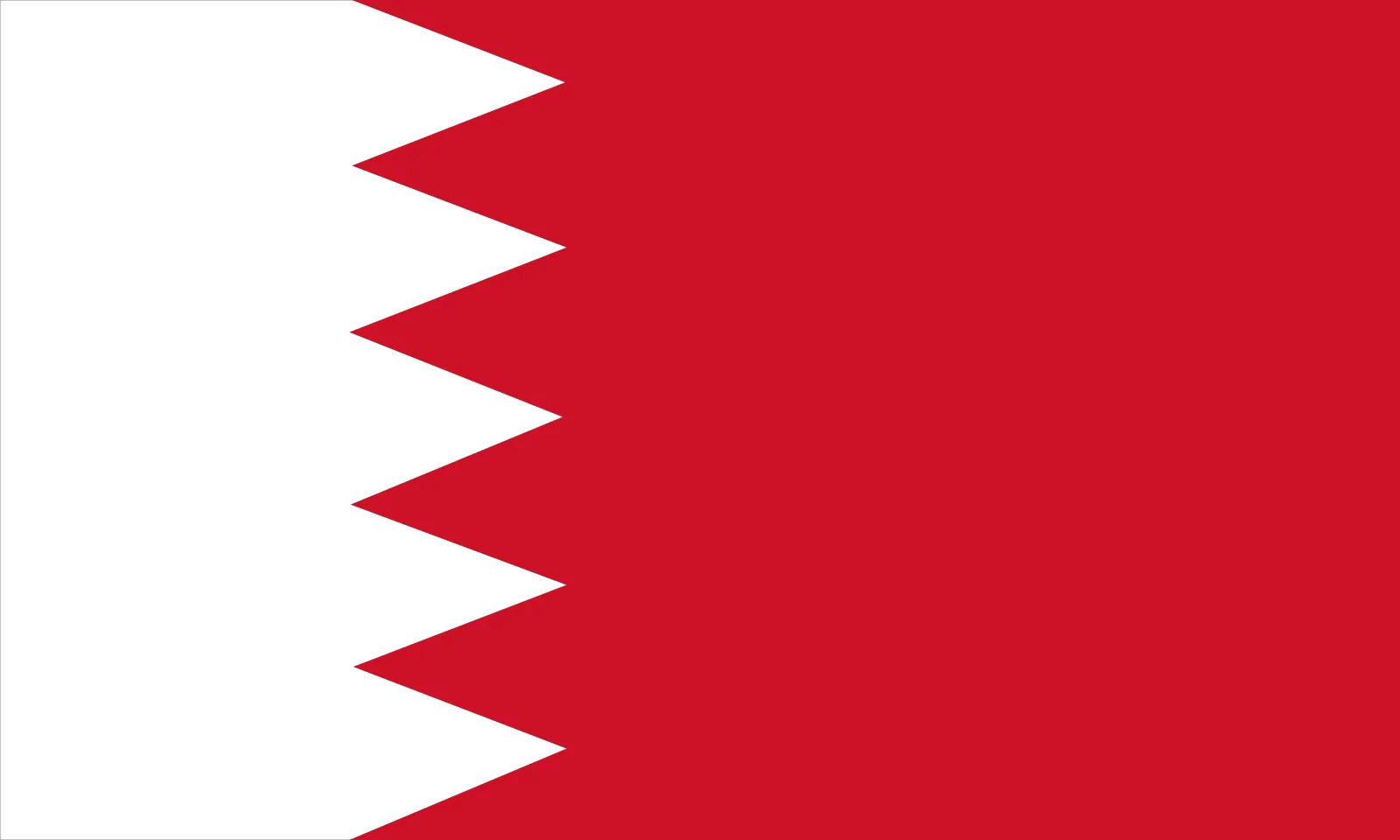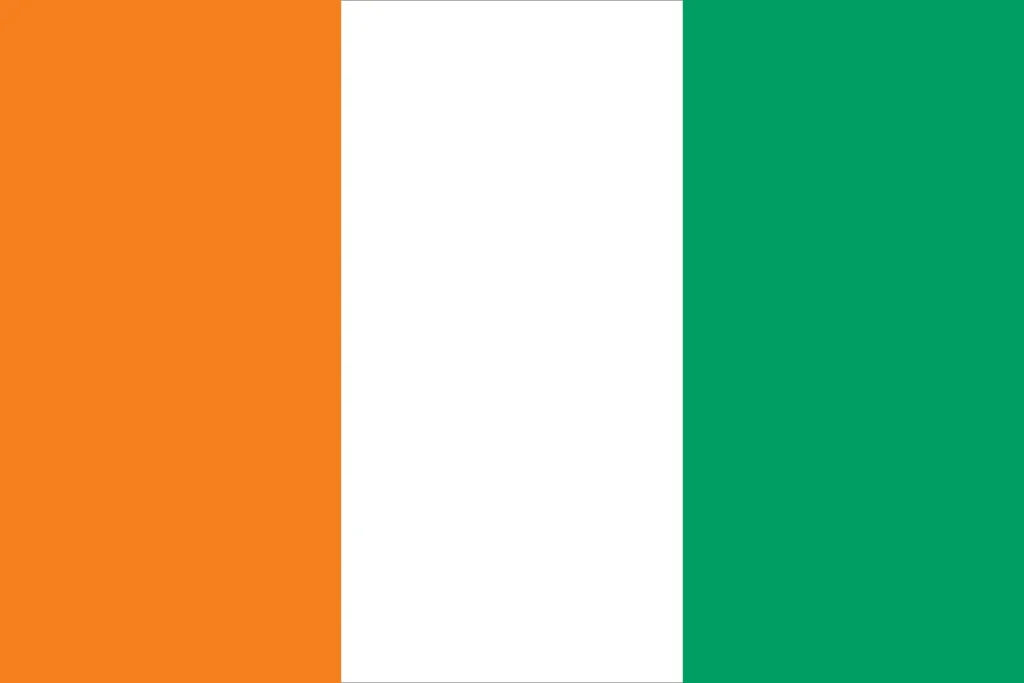
Ivory Coast, or Côte d’Ivoire as it is officially known, is a vibrant and diverse country located in West Africa. It is a land of contrasts, where modern cities coexist with traditional villages, and bustling markets give way to serene beaches and lush rainforests. Ivory Coast is a country rich in culture, history, and natural beauty, offering travelers a unique and authentic African experience. This article provides an in-depth guide to Ivory Coast, including its history, culture, best times to visit, top destinations, and practical travel tips.
1. A Glimpse into Ivory Coast’s History
Ivory Coast’s history is a tapestry woven from ancient traditions, colonial influences, and the resilience of its people.
- Pre-Colonial Era: Before the arrival of Europeans, Ivory Coast was home to several powerful kingdoms, including the Kong Empire in the north and the Baoulé and Agni states in the central and eastern regions. These kingdoms were known for their sophisticated political systems, rich cultural traditions, and thriving trade networks, particularly in gold and ivory.
- Colonial Period: Ivory Coast became a French colony in the late 19th century, officially part of French West Africa. The colonial period had a profound impact on the country, leading to the introduction of Christianity, the French language, and new agricultural practices. The French also developed infrastructure, including railways and ports, which facilitated the export of coffee, cocoa, and timber.
- Independence and Modern Era: Ivory Coast gained independence from France on August 7, 1960, under the leadership of Félix Houphouët-Boigny, who became the country’s first president. Houphouët-Boigny’s policies focused on economic growth and modernization, making Ivory Coast one of the most prosperous countries in West Africa during his tenure. However, the country faced political instability and civil conflict in the early 2000s, but it has since made significant strides towards peace and economic recovery.
2. Ivory Coast’s Rich Cultural Tapestry
Ivory Coast is a culturally diverse nation, with over 60 ethnic groups, each contributing to the country’s rich cultural mosaic.
- Language: French is the official language of Ivory Coast, a legacy of its colonial past. However, many Ivoirians speak indigenous languages, including Dioula, Baoulé, and Senoufo. Understanding a few basic phrases in French can be helpful, especially in urban areas.
- Music and Dance: Music and dance are integral to Ivorian culture. The country is famous for its vibrant music scene, particularly genres like coupé-décalé and zouglou, which have gained popularity across Africa and beyond. Traditional music is also important, with each ethnic group having its own styles and instruments, such as the balafon (a type of xylophone) and the kora (a string instrument).
- Cuisine: Ivorian cuisine is diverse and flavorful, reflecting the country’s agricultural abundance. Staples include attiéké (a dish made from grated cassava), foutou (a starchy side dish often made from yam or plantain), and various stews and soups. Grilled fish and chicken are popular, often served with spicy sauces. Street food, such as aloco (fried plantains) and mafé (peanut stew), is widely enjoyed.
- Festivals and Celebrations: Festivals play a significant role in Ivorian life. The Fêtes des Masques (Festival of Masks), held in the Man region, is one of the most famous, celebrating the spiritual and cultural significance of masks in local traditions. The Abissa Festival in Grand-Bassam is another major event, featuring traditional dance, music, and elaborate costumes.
3. Currency and Financial Information
The official currency of Ivory Coast is the West African CFA franc (XOF), which is shared by eight countries in the West African Economic and Monetary Union. ATMs are available in major cities, and credit cards are accepted in many hotels, restaurants, and shops. However, in rural areas, it’s advisable to carry cash. Tipping is appreciated but not obligatory, with 10% being a common rate in restaurants.
4. Best Times to Visit: Seasons and Climate
Ivory Coast has a tropical climate, with two distinct seasons: the rainy season and the dry season. The best time to visit depends on your interests and the regions you wish to explore.
- Dry Season (November to April): The dry season is the best time to visit Ivory Coast, with less rainfall and cooler temperatures. This period is ideal for exploring the country’s natural attractions, such as national parks, beaches, and the savannah regions. It’s also a great time to visit cities like Abidjan and Yamoussoukro.
- Rainy Season (May to October): The rainy season sees heavy rains, particularly in the southern and central regions. While travel is still possible during this time, some roads may become difficult to navigate, especially in rural areas. However, the rainy season can be a good time to visit the northern savannah, where the landscape is lush and green.
5. Top 10 Destinations in Ivory Coast
Ivory Coast offers a wide range of attractions, from bustling cities to tranquil natural reserves. Here are the top 10 destinations every traveler should consider:
1. Abidjan
Abidjan, the economic capital of Ivory Coast, is a vibrant and cosmopolitan city often referred to as the “Paris of West Africa.” The city is known for its modern architecture, bustling markets, and lively nightlife. Key attractions include the St. Paul’s Cathedral, designed by Italian architect Aldo Spirito, and the Banco National Park, a tropical rainforest in the heart of the city.
2. Yamoussoukro
Yamoussoukro, the political capital of Ivory Coast, is a city of contrasts, blending modernity with tradition. The city is famous for the Basilica of Our Lady of Peace, one of the largest churches in the world, modeled after St. Peter’s Basilica in Vatican City. The city also features several artificial lakes, often populated by sacred crocodiles.
3. Grand-Bassam
Grand-Bassam is a UNESCO World Heritage Site and a former French colonial capital. The town is known for its well-preserved colonial architecture, including the Palais de Justice and the Cathédrale Sacré-Cœur. Grand-Bassam’s beaches are also a major attraction, offering a serene escape from the hustle and bustle of the city.
4. Man
Man, located in the western part of Ivory Coast, is known for its stunning natural beauty. The region is characterized by lush green hills, waterfalls, and the imposing Mount Tonkoui. Man is also a cultural hub, famous for the Fêtes des Masques, where traditional masks are used in dance performances that celebrate local spiritual beliefs.
5. Taï National Park
Taï National Park is one of the last remaining primary rainforests in West Africa and a UNESCO World Heritage Site. The park is home to a diverse array of wildlife, including chimpanzees, pygmy hippos, and several species of rare birds. The park offers guided tours for wildlife enthusiasts and researchers.
6. Korhogo
Korhogo, located in the northern part of the country, is the cultural heart of the Senoufo people. The town is famous for its traditional crafts, including weaving, pottery, and wood carving. The nearby Mount Korhogo offers panoramic views of the surrounding savannah and is a popular spot for hiking.
7. Comoe National Park
Comoe National Park is one of the largest protected areas in West Africa, known for its diverse ecosystems that range from savannah to rainforest. The park is home to elephants, lions, and hippos, as well as numerous bird species. The best time to visit is during the dry season when wildlife is easier to spot.
8. San Pedro
San Pedro is a major port city located on the southwestern coast of Ivory Coast. The city is known for its beautiful beaches and lively fishing community. Nearby, the Taï National Park offers opportunities for ecotourism, while the city itself is a gateway to the country’s western region.
9. Sassandra
Sassandra is a small coastal town known for its picturesque beaches, historic lighthouse, and relaxed atmosphere. The town was once a bustling port during the colonial era, and remnants of this history can still be seen in the old colonial buildings. Sassandra is also a great spot for fishing and boating.
10. Bouaké
Bouaké is the second-largest city in Ivory Coast and a major center for trade and industry. The city is known for its vibrant markets, where visitors can purchase traditional crafts, textiles, and fresh produce. Bouaké is also home to several cultural festivals, including the Fête des Ignames, which celebrates the yam harvest.
6. Things to Do in Ivory Coast
Ivory Coast offers a wide range of activities for travelers of all interests:
- Explore Local Markets: Ivory Coast’s markets are a sensory experience, offering everything from fresh produce and spices to handmade crafts and textiles. The Marché de Treichville in Abidjan is one of the most famous, where you can shop for local goods and sample Ivorian street food.
- Visit a Coffee or Cocoa Plantation: Ivory Coast is one of the world’s largest producers of coffee and cocoa. Visiting a plantation is a great way to learn about the production process and sample some of the country’s best products.
- Experience Traditional Dance and Music: Attend a cultural performance to experience Ivory Coast’s rich musical and dance traditions. Many hotels and cultural centers in cities like Abidjan and Yamoussoukro offer regular performances.
- Go Wildlife Spotting: Ivory Coast’s national parks and reserves are home to diverse wildlife. Guided tours in parks like Taï National Park or Comoe National Park offer opportunities to see chimpanzees, elephants, and rare bird species.
- Relax on the Beach: The country’s coastline is dotted with beautiful beaches, perfect for relaxation. Popular beach destinations include Grand-Bassam, Assinie, and San Pedro.
7. Practical Tips for Travelers
- Visas: Most travelers will need a visa to enter Ivory Coast. It is recommended to apply for an e-visa online before traveling. Ensure your passport is valid for at least six months beyond your planned departure date.
- Transportation: Public transportation in Ivory Coast includes buses, taxis, and minibusses known as gbakas. In cities like Abidjan, taxis are readily available, but it’s advisable to negotiate the fare before starting your journey. For long-distance travel, consider renting a car or taking a domestic flight.
- Health and Safety: Travelers should ensure they are up-to-date on routine vaccinations, and consider additional vaccines such as yellow fever, which is required for entry. Malaria is prevalent, so taking prophylactic medication is advisable. Ivory Coast is generally safe for travelers, but it’s important to remain vigilant, particularly in crowded places and during nighttime.
- Accommodation: Ivory Coast offers a wide range of accommodations, from luxury hotels and resorts to budget-friendly guesthouses and hostels. In rural areas, lodging options may be more basic, but they provide an opportunity to experience traditional Ivorian hospitality.
8. Ivorian Lifestyle: A Blend of Tradition and Modernity
The lifestyle in Ivory Coast reflects a blend of traditional values and modern influences. Family and community are central to Ivorian life, and social gatherings often revolve around food, music, and dance. While urban areas like Abidjan are rapidly modernizing, with shopping malls, cinemas, and international restaurants, rural areas remain rooted in tradition, where age-old customs and practices continue to thrive.
9. Why Ivory Coast Should Be on Your Travel List
Ivory Coast is a destination that offers something for everyone. Whether you’re interested in exploring vibrant cities, relaxing on pristine beaches, or immersing yourself in rich cultural traditions, Ivory Coast has it all. Its diverse landscapes, welcoming people, and unique cultural heritage make it a must-visit destination for any traveler seeking an authentic African experience.

